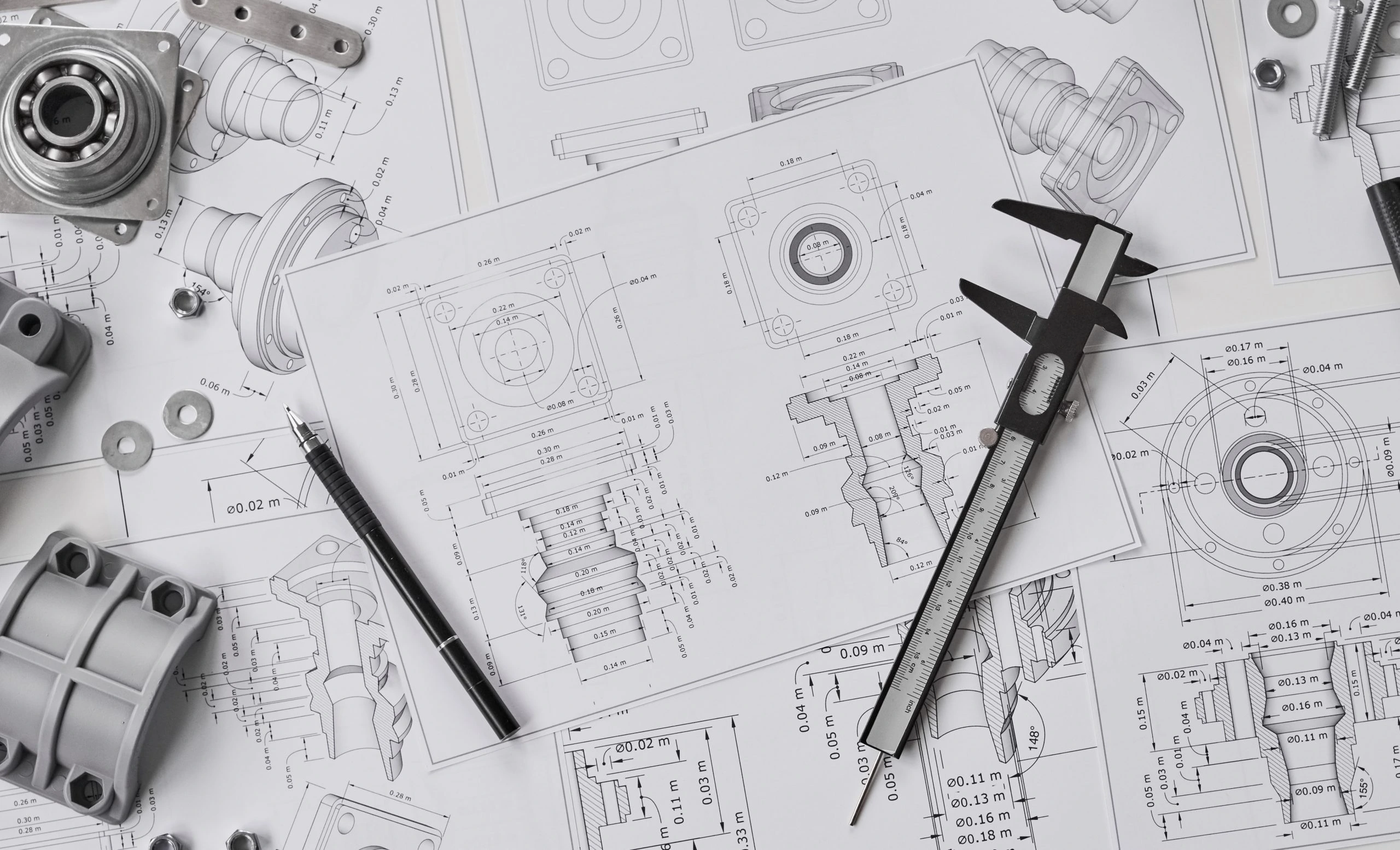
General Engineering: A Versatile Degree for a Dynamic Career
What is a General Engineering Degree?
A general engineering degree provides a broad foundation in engineering principles, covering multiple disciplines rather than specializing in one specific area. It equips students with problem-solving skills, technical knowledge, and the ability to work in various industries. This degree is ideal for those who want a versatile education in engineering before deciding on a particular career path.
What Can You Do with a General Engineering Degree?
Graduates with a general engineering degree can pursue careers in multiple fields, including:
-
Mechanical engineering
-
Civil engineering
-
Electrical engineering
-
Aerospace engineering
-
Renewable energy and environmental engineering
-
Software and systems engineering
-
Project management
-
Consulting and research
Many graduates also use their degree as a stepping stone to further specialization through postgraduate studies or professional certifications.
What Might You Find on a General Engineering Degree?
A general engineering curriculum typically includes:
-
Mathematics and physics
-
Materials science
-
Mechanics and dynamics
-
Thermodynamics
-
Electrical circuits and systems
-
Computer programming
-
Engineering design and project management
-
Ethics and sustainability in engineering
Practical hands-on experience, internships, and collaborative projects are often included to provide real-world applications of theoretical knowledge.
What Should I Study to Do a General Engineering Degree?
To prepare for a general engineering degree, students should focus on:
-
Mathematics: Algebra, calculus, and trigonometry
-
Physics: Mechanics, electricity, and magnetism
-
Chemistry: Useful for understanding materials and processes
-
Computer Science: Programming and computational thinking
-
Design and Technology: Helps with problem-solving and innovation
Strong analytical and problem-solving skills, along with creativity and teamwork abilities, are also beneficial.
Student Experience of Studying Engineering
Engineering students often experience a mix of theoretical learning and practical applications. A typical student experience includes:
-
Attending lectures, lab sessions, and workshops
-
Engaging in hands-on projects and group assignments
-
Participating in internships and industrial placements
-
Solving real-world engineering challenges
-
Being involved in engineering societies and competitions
The workload can be intense, but it is balanced with opportunities for teamwork, innovation, and developing essential career skills.
What Do People Go on to Do?
After earning a general engineering degree, graduates find roles in diverse sectors such as:
-
Engineering consultancy firms
-
Manufacturing and production
-
Automotive and aerospace industries
-
Energy and sustainability sectors
-
Technology and software development
-
Government and public sector roles
Some graduates continue their education with specialized master’s degrees or enter research and academia.
Famous People Who Studied General Engineering
Several notable figures started their journey with an engineering education, including:
-
Neil Armstrong – Astronaut and aerospace engineer
-
Herbert Hoover – Former U.S. President and mining engineer
-
Henry Petroski – Engineer and author specializing in design failures
-
Elon Musk – Entrepreneur with an engineering background
A general engineering degree offers a world of possibilities, providing the knowledge and skills needed to excel in a variety of industries and innovative careers.